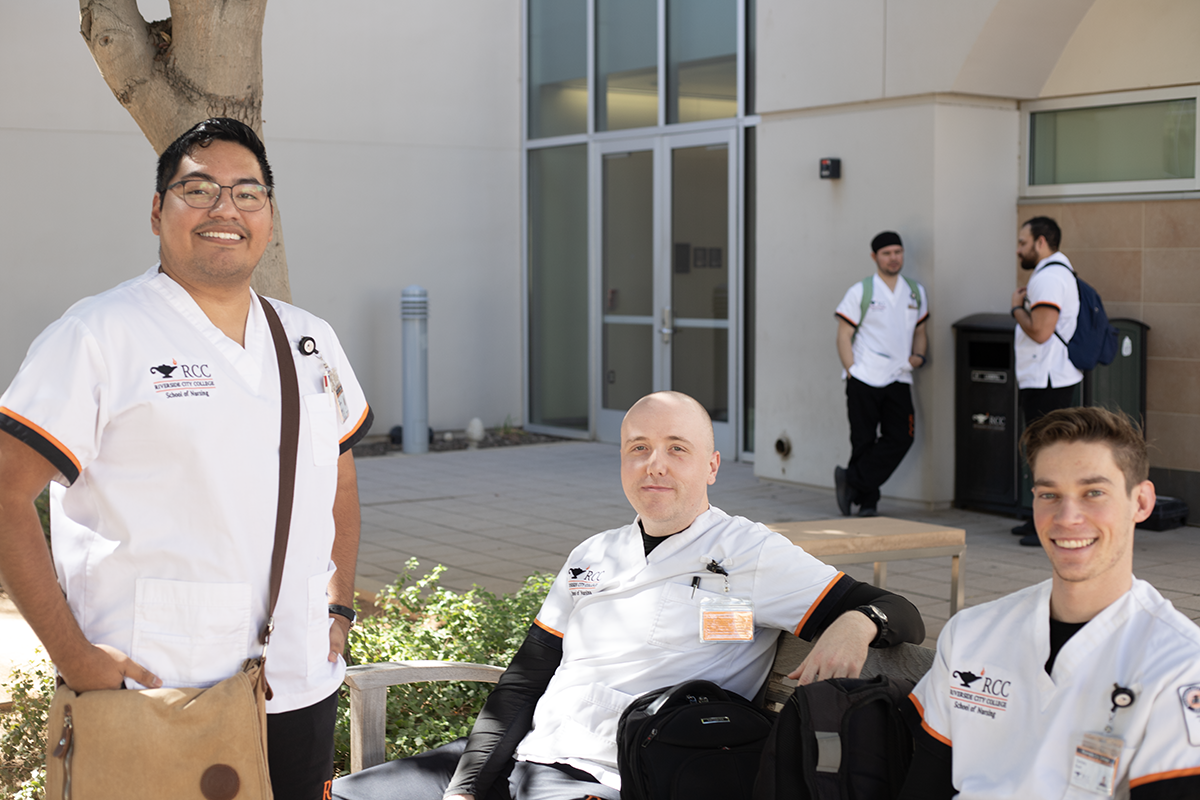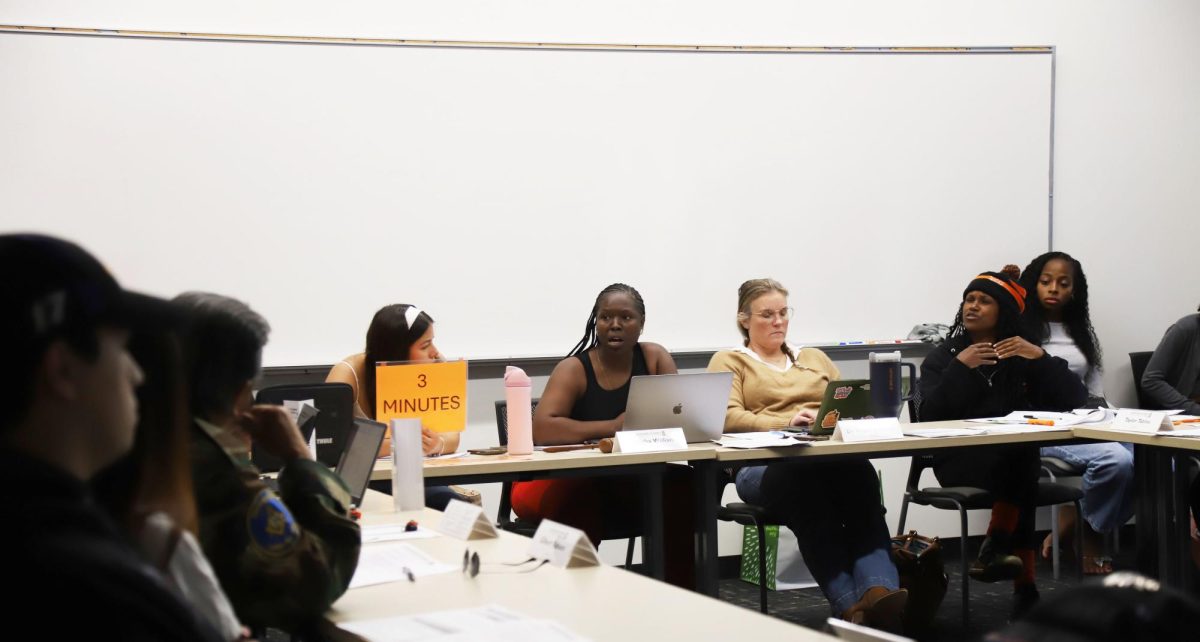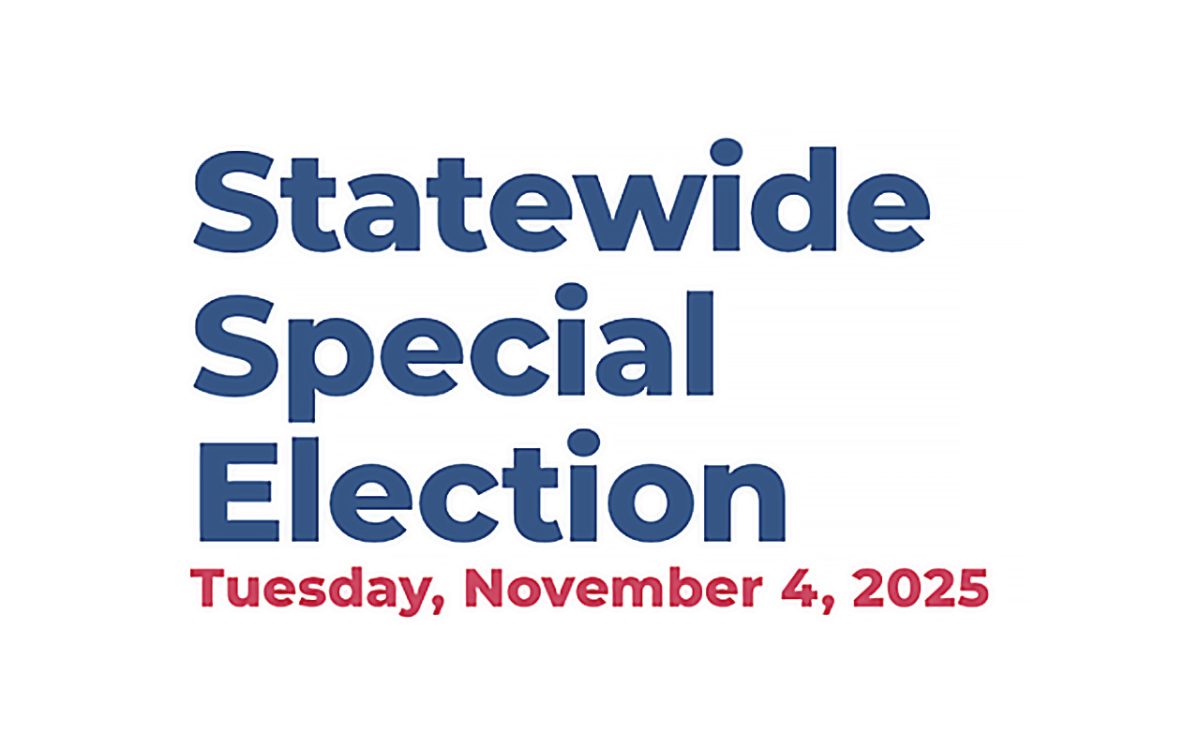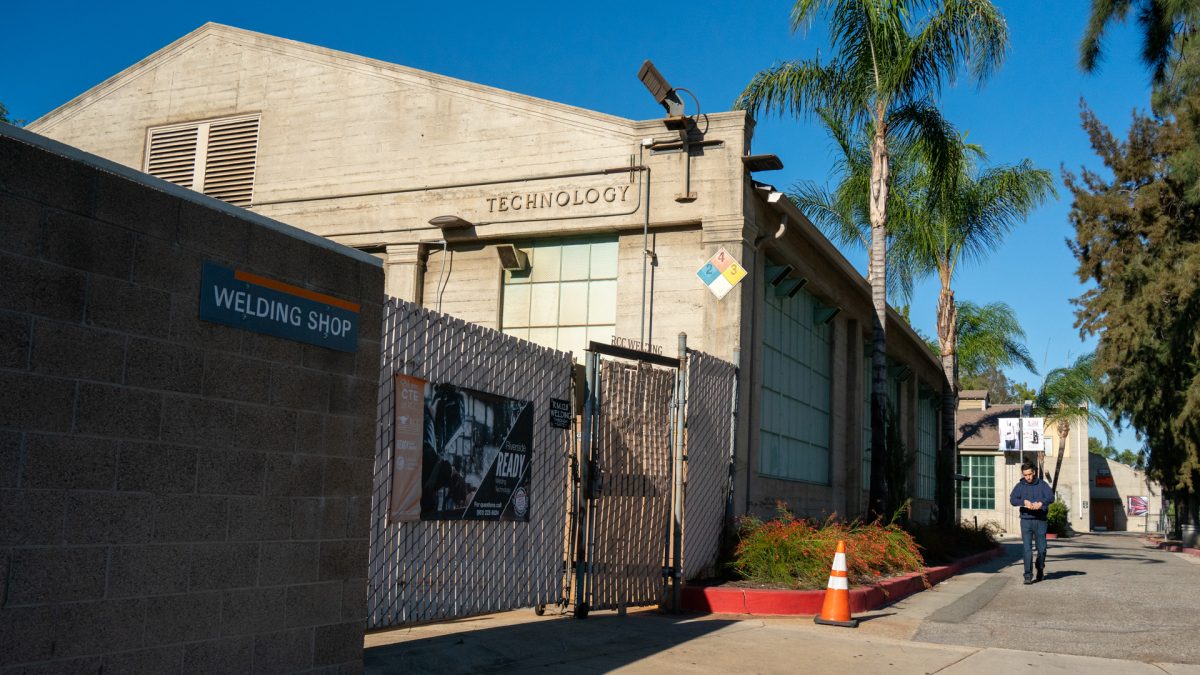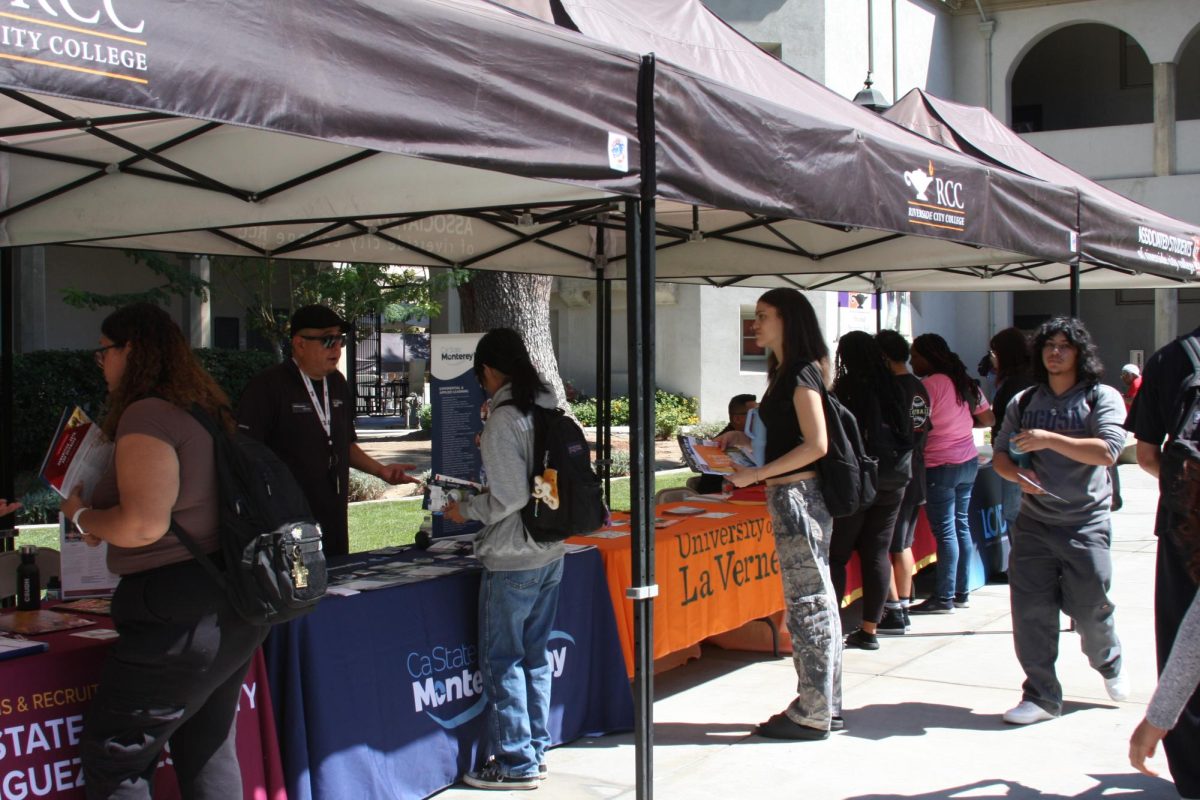Governor Gavin Newsom waited until Oct. 13, the last day possible, to use his veto powers as governor to stop Assembly Bill 1400 (AB 1400) from becoming law.
Had it passed, AB 1400 would have directed the Chancellor of California Community Colleges (CCC) to develop a Bachelor of Science in Nursing (BSN) pilot program and authorize 10 Community College districts to offer the degree.
“If I had to sum it up in one word, it’s disappointed,” said Dean of RCC’s School of Nursing Tammy Vant Hul. “I feel bad for our students.”
Supporters of the bill want to expand affordability and access to BSN degrees, two main tenets of the California Master Plan for Higher Education. “It’s about equity,” said Van Hul.
The bill’s author, Assemblymember Esmerelda Soria (D-Merced), said during a legislative hearing that some nursing hopefuls can’t access current BSN options at 4-year universities because of the distance and cost.
Opponents of the bill, like Rhemen Attar, Director of Healthcare Workforce Development of the CSU Chancellor’s, say the new bill would simply “shift students” from CSU degree programs to community colleges, doing nothing to address the problematic lack of “clinical placements, faculty capacity and infrastructure” in existing BSN programs.
Not everyone involved agrees getting a BSN is necessary or even positive for nurses.
Assemblymember Carl DeMaio (R-San Diego), Vice Chair of the state Committee on Higher Education said kids shouldn’t be pushed toward a BSN when ADNs can be “perfectly great and acceptable.”
Despite DeMaio’s misgivings about the demand for more advanced degrees, a 2020 report on nursing employment by HealthImpact, showed over 50% of hospitals responding to the survey preferred hiring newly-licensed nurses with a BSN and nearly 20% reported a BSN as a requirement for employment.
A 2021 study by Research In Nursing & Health has shown patients in hospitals with a higher proportion of BSN nurses have better patient outcomes. But the cost of a BSN can saddle newly-licensed nurses with a large amount of debt, preventing students from remaining in or even trying a BSN program.
A search through the tuition costs of a few different programs just here in Riverside show the cost for an Associate Degree in Nursing (ADN) from RCC is approximately $7,500 for their two-year program.
For a BSN, “We could do it for less than $10,000,” Van Hul said
At Cal State University San Bernardino, the four-year BSN program costs approximately $39,000. For those students in the concurrent enrollment program between RCC and CSUSB, a BSN costs between $25,000-30,000.
Cal Baptist, a private university, charges $55,000 for a single year.
State Sen. Dave Cortese (D-San Jose), a member of the Senate Standing Committee on Education called lack of access and affordability in public education “modern-day redlining.”
Despite the wide bipartisan support, Newsom had problems with the bill.
“I vetoed a nearly identical bill, citing two primary reasons that continue to exist,” Newsom said in a letter to the California State Assembly explaining his veto.
First, California budgeted $60 million per year through 2029 to “develop or expand” partnerships between CCC and state or independent universities already offering BSN degrees. As the governor sees those programs as successful, creating this new BSN pathway could undermine them.
Second, Newsom cites the expanded authorizations of both CCC and California State Universities “to offer independent programs outside of their traditional roles,” so long as they aren’t duplicating degree programs.
In light of this, Newsom said, “a pause should be maintained” on granting “additional authorities” while the impact of the expanded powers in place is evaluated.
While the debate goes on, the end result is obvious to everyone—there’s just not enough nurses.
“We need help and the plan isn’t working,” said Assemblymember Jeff Gonzalez (R-Coachella). “Whatever that plan is out there is just not working.”
At RCC, resolve to address the problem hasn’t wavered.
“We’re not done. We will continue this fight,” said Van Hul. “It’s for the students.”
California State University San Bernardino nursing program administrators did not respond to requests for comment.

